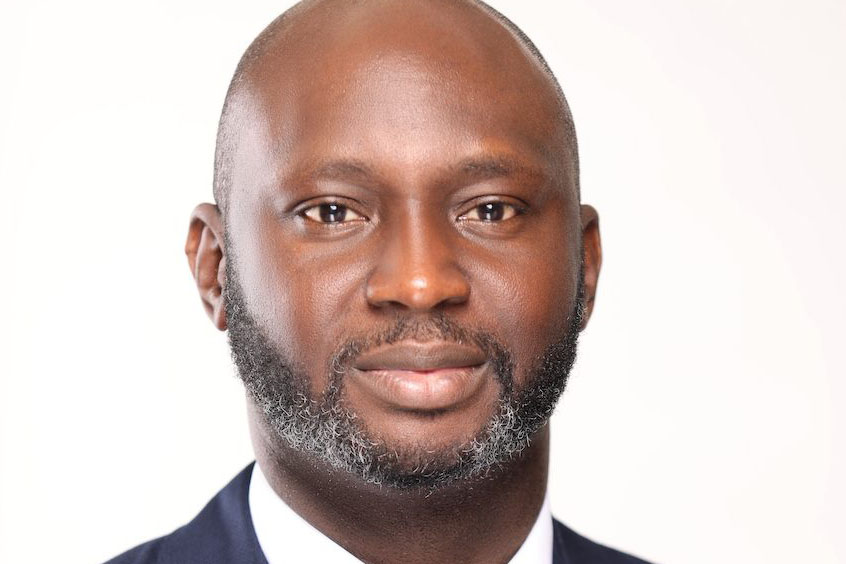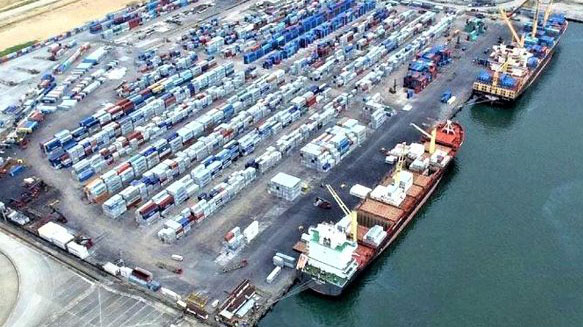
The Lagos State Government has granted N800 million to over 60 startups since the creation of the State Science Research and Innovation Council (LASRIC).
This was revealed in Lagos, yesterday by the Ministry of Innovation, Science and Technology.
The Commissioner, Olatubosun Alake, at the Ministerial Press briefing, said LASRIC responsibilities include managing the science research and innovation fund and promoting scientific research and innovation activities in public and private institutions.
Alake, who said there have been over 50 types of research, noted that the council also identifies viable research and innovation products and translates them into commercial activities to establish small and medium-scale industries.
According to him, LASRIC also ensures that it identifies all research and innovation products that are viable and translates such to commercial activities to establish small/medium scale industries.
He revealed that it also promotes science education by organizing activities like science fairs, boot camps, seminars and workshops to enhance STEM learning in public schools and improve science literacy among the public.
Startups supported by LASRIC include Terawork, CCHub, StemCafe, Shifa technologies, Earlybrite, Adire, among others.
Speaking on the Lagos State Innovation Bill, Alake said this has been proposed to foster technological advancement and innovation in the state and create a conducive environment for tech startups and innovators.
“The essence of the Lagos State Innovation Bill is to create a robust ecosystem that supports and nurtures innovation and technology, thereby driving economic growth, creating jobs and positioning Lagos as a leading hub for innovation in Africa,” he stated.
He disclosed that building a digitized city will require physical infrastructure connections to improve the digital connectivity of the state.
Alake said the Metro Fibre project seeks to deliver 3000km of optic fibre and optic fiber ducts for an increase in digital penetration.
As such, he disclosed that in phase 1,2700km of unified fibre ducts were completed across the state, adding that the second phase, which will see the completion of 3,300km is almost completed.
Further, Alake added that to boost the Lagos State infrastructure and data capacity, the state is building a Tier 3 data centre in partnership with the private sector to facilitate the delivery of government services to Lagos residents.
According to him, this initiative would not only improve the efficiency and reliability of government services but also foster economic and technological development by attracting investments and positioning Lagos as the technological hub in West Africa.
“Enhanced service delivery through faster processing times and the development of e-government services lead to greater public satisfaction. Moreover, the green initiatives in our Tier 3 data centre align with the environmental sustainability goals, contributing to the overall well-being of the state and its citizens,” Alake stated.
On the cybersecurity project, Alake said it was aimed at enhancing digital safety and protecting the state’s infrastructure from cyber threats.
He said the cybersecurity project is part of a broader strategy to improve overall security and governance within the state.
Alake said the project involves partnerships with leading cybersecurity firms and international organisations, adding that the collaborations will provide the state with access to cutting-edge technologies and expertise, enhancing its capacity to defend against sophisticated cyber threats.
Getting this done, he said a Cybersecurity Operations Centre (CSOC) has been established to serve as the hub for monitoring, detecting and responding to cyber threats in real-time.
“The centres will employ advanced technologies and a team of cybersecurity experts to ensure the state’s digital infrastructure is safeguarded against potential attacks,” he noted.






